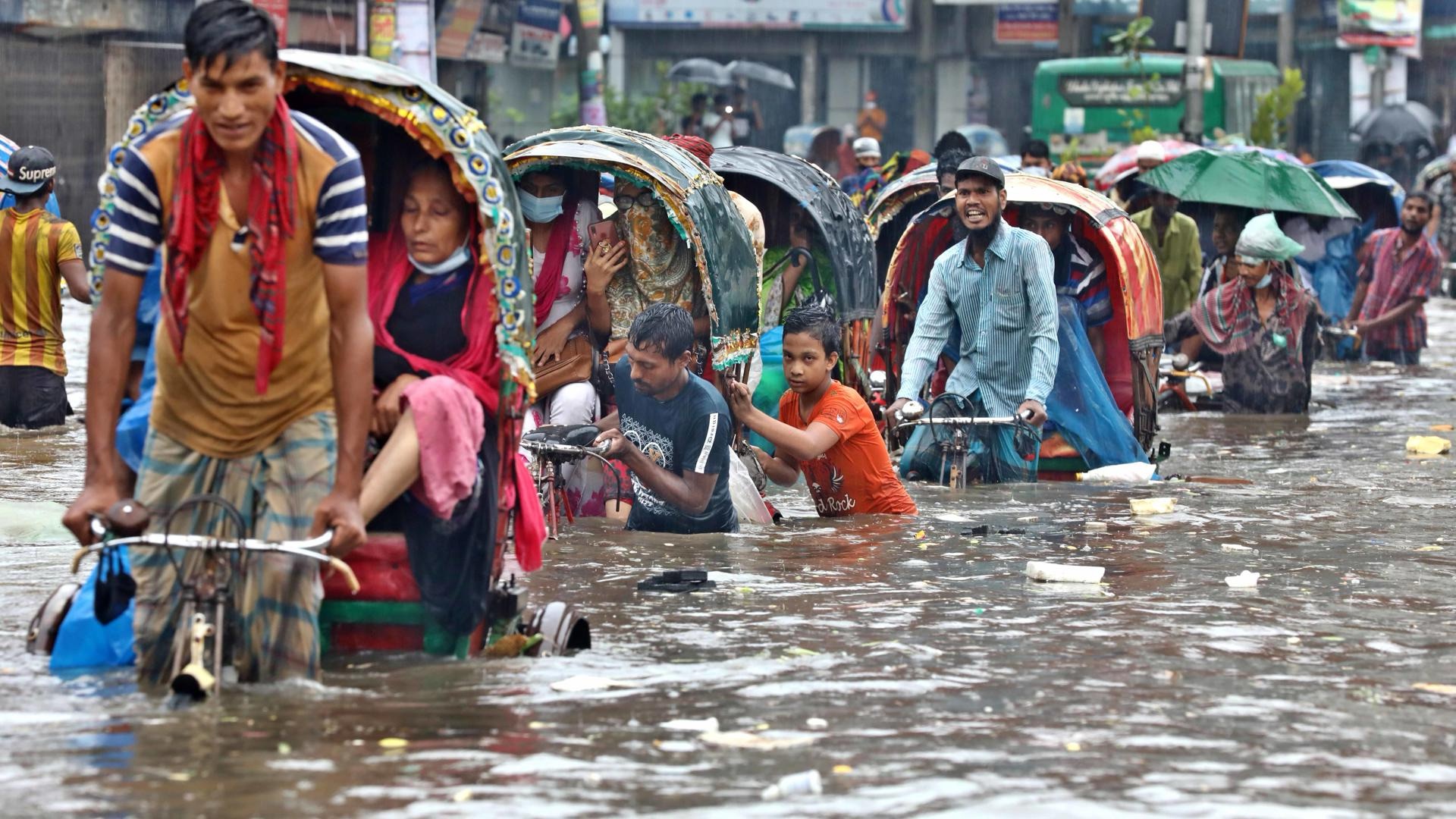For those in the trajectory of a hurricane or another natural disaster, we inquired with survivors about the essential action to take. Here’s their unanimous advice.
6. Foresee the potential sources of damage.

To secure refunds from your flood and content insurance provider, maintaining pictures and receipts is crucial. Thomas Cassino from Lindenhurst, New York, who lost his house during Hurricane Sandy in 2012, emphasizes the importance of cataloging everything. In the future, he plans to store all receipts and document his home’s contents through videos or photos before evacuating. Cassino, having experienced the challenge of keeping track of expenditures on furnishing and decorating over time, stresses how easy it is to lose sight of such expenses.
5. Challenges may arise from unexpected sources.
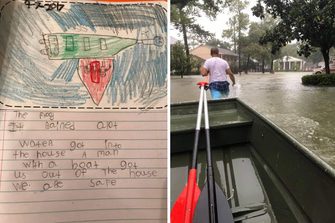
Depending on your location, the decision to evacuate or stay during a storm may vary. Katie Mehnert from Houston, Texas, faced the consequences when Hurricane Harvey struck. Despite not being advised to evacuate, she now regrets not doing so and intends to evacuate if faced with a future hurricane threat. Living outside a flood zone, she believed she was well-prepared. However, the Addicks Reservoir, utilized as a retention dam during the hurricane, unexpectedly led to flooding. Mehnert recalls the experience: “We were flooded in the middle of the night, and the water was rising fast, so we had to go.”
4. Be ready for the most challenging scenarios.
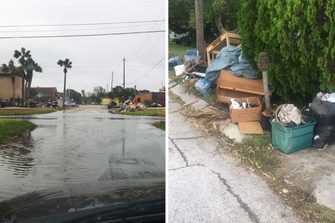
Angela Ward from Saint Augustine, Florida, confesses to underestimating the warnings for Hurricane Matthew in 2016 due to her familiarity with Florida weather. Despite others gearing up with survival supplies, she found herself buying a new vacuum instead. However, her perspective shifted with Hurricane Irma in 2017, prompting her to be more diligent in preparation. Despite her increased efforts, she still felt unprepared and now plans to invest in a generator for future storms. Angela emphasizes the importance of keeping essential resources, such as gas and cash, readily available, acknowledging their vulnerability during natural disasters.
3. Consider evacuating at an earlier time.
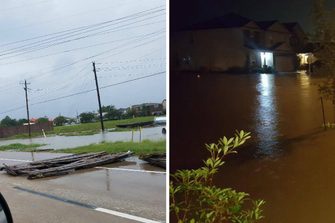
During Hurricane Harvey in 2017, certain Texas areas experienced severe flooding from relentless rain, with Cedar Bayou receiving a staggering 52 inches. However, some flooding could have been avoided. James Matthew from Galveston, Texas, revealed that his subdivision flooded due to unsecured pallets at the nearby substation. These pallets obstructed the drainage system, causing extensive flooding. Matthew now plans to take matters into his own hands next time by personally inspecting and ensuring the drains are clear.
2. Capture photographs and retain receipts.
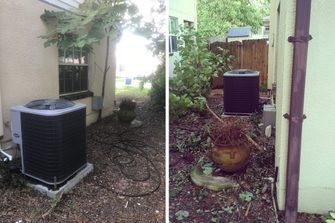
While preparing for Hurricane Irma in Tampa, Florida, Jane Bianchi and her husband took meticulous steps, photographing their possessions and using mulch bags to prevent flooding. Opting for safety, they chose to fly out rather than risk being stranded on the highway with a toddler and running out of gas. Despite their precautions, Bianchi regretted not addressing a tree near her pool before the storm and not learning the proper method to drain the pool. Although the damage was minimal, the fallen tree necessitated the replacement of the pool drain.
1. Understand the coverage provided by flood insurance.
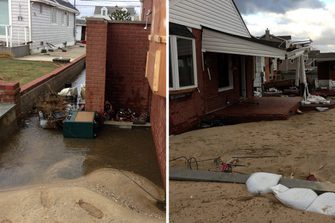
“Never assume your flood insurance covers everything,” warns Paul Sprela from the JIl Agency in Long Beach, New York, who personally experienced the impact of Hurricane Sandy in 2012. Despite specializing in selling flood insurance, Sprela’s business and home were flooded. He emphasizes the importance of ensuring that insurance covers not only structural damage but also contents. Flood insurance typically addresses structural issues, but rising waters can extensively damage furniture, books, and electronics. Sprela advises clients not to panic based on his own experience; he rushed and paid out-of-pocket for repairs when waiting for entitled government grants would have been a wiser choice.
